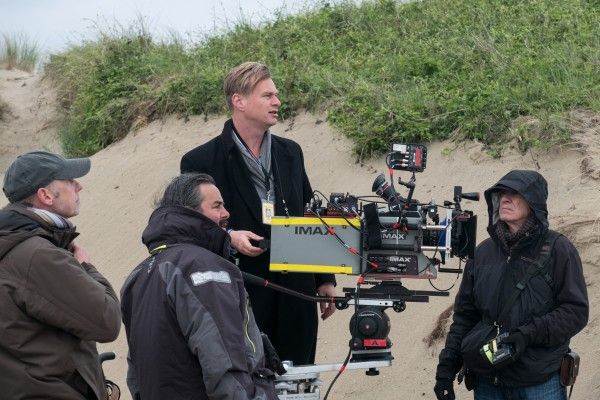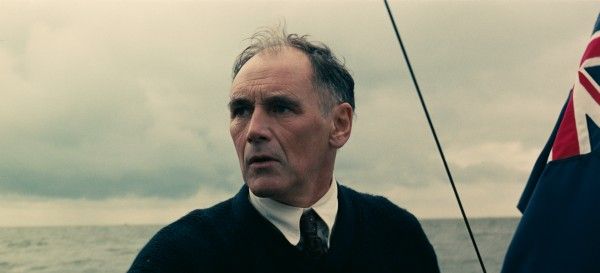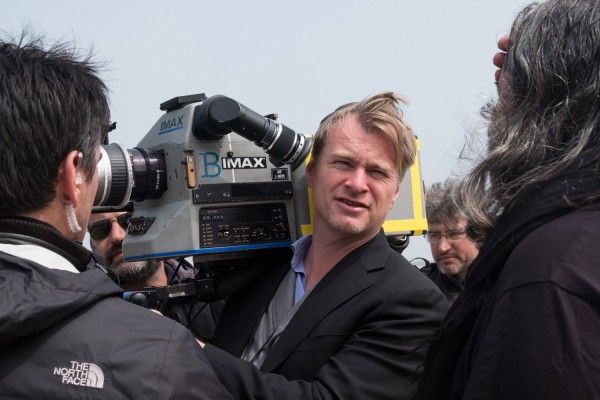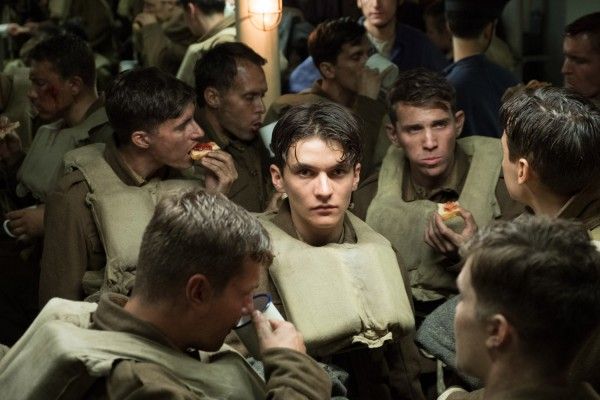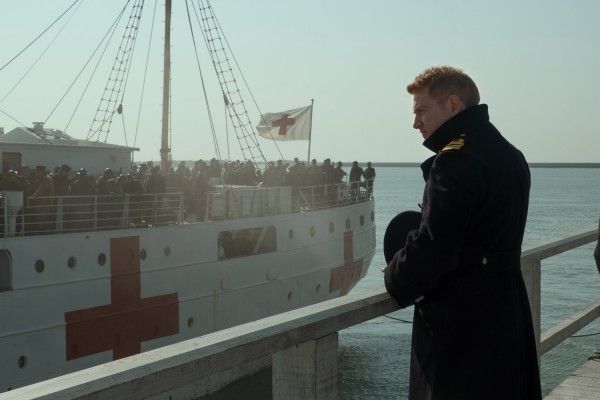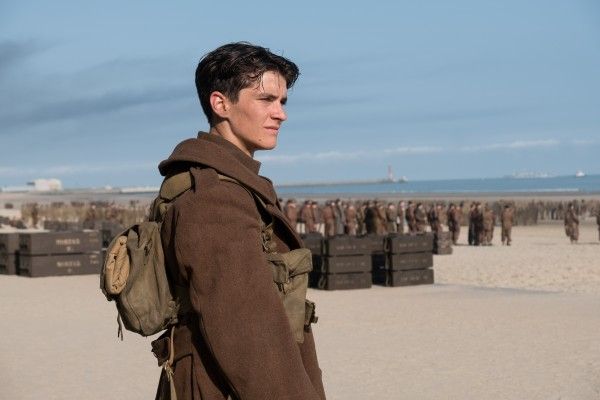Filmmaker Christopher Nolan’s World War II action-thriller Dunkirk is a purely experiential film, and in many ways is one of the most ambitious pieces of “blockbuster” cinema in recent memory. But Dunkirk was almost even more of an oddity, as Nolan revealed in a recent interview that his original idea for the movie was to shoot the entire thing without a formal script.
Yes indeed, in a conversation between Nolan and his brother Jonathan Nolan that comes with the published version of the Dunkirk screenplay (via THR), Christopher Nolan reveals that in the early days of thinking about Dunkirk, he nearly moved forward without a screenplay:
“I got to a point where I understood the scope and movement and the history of what I wanted the film to address, because it’s very simple geography. I said, 'I don’t want a script. Because I just want to show it,' it’s almost like I want to just stage it. And film it.”
When he proposed the idea to his wife and producing partner Emma Thomas, however, the prospect was quickly shot down:
“Emma looked at me like I was a bit crazy and was like, okay, that’s not really gonna work.”
But even though Nolan did write a script for Dunkirk, it was still non-traditional. He says he wrote the 76-page screenplay “very, very quickly,” and of course that length is mighty short compared to most traditional scripts—especially for a war film. But Nolan clearly knew exactly what he wanted to do with Dunkirk from the get-go, and I think he succeeded enormously.
Some have complained that Dunkirk has “thin” characters or is light on emotion, but the entire point of the movie is that you are in this experience for the full running time. You’re not pausing to take a breath or daydream about Fionn Whitehead’s girlfriend back home—the closest you get to a backstory is through the dialogue with Mark Rylance’s character, and even that is sparse.
Through minimizing the exposition and “character”-centric dialogue and instead focusing on telling the story visually, Nolan wanted to see if he could get a similarly impactful level of empathy and emotion across. The idea is that you could be any one of these people in Dunkirk—you can just as easily relate to Rylance’s character as you can Harry Styles’, and in that sense I think Dunkirk is a massive success. Nolan’s handle on cinema here is masterful, and I think Dunkirk is one of the best films he’s ever made.
But for those itching to see Nolan back in dialogue-heavy territory, the filmmaker says in the conversation with his brother not to worry, noting “I will be coming back to dialogue.” For now, though, Dunkirk stands as a tremendous accomplishment, and one that seems likely to make a splash in the upcoming awards season.


